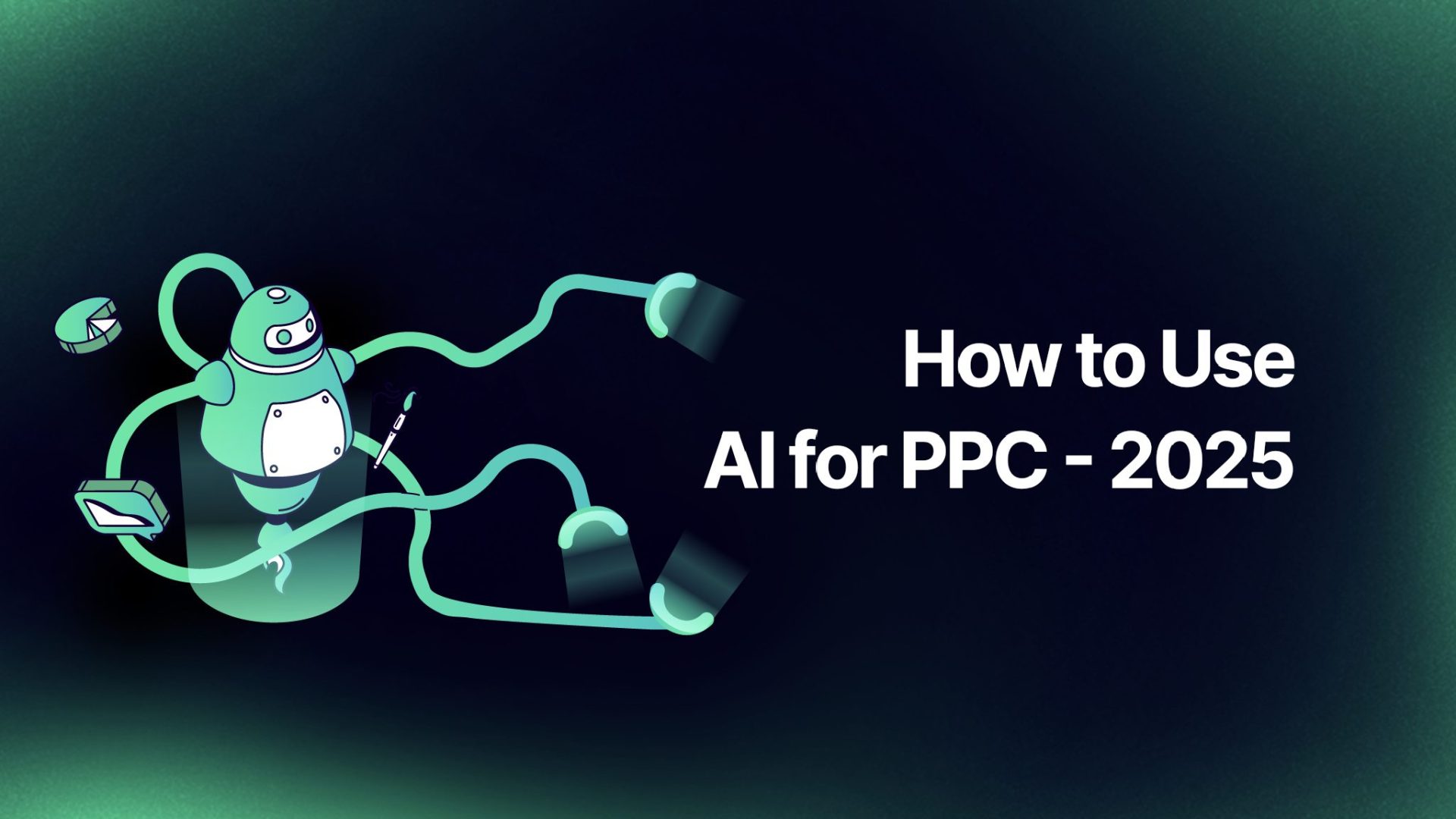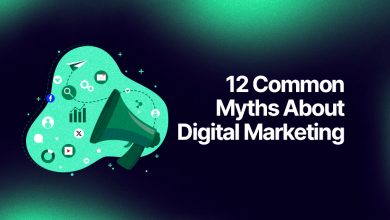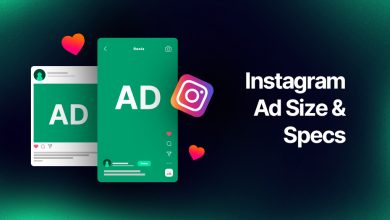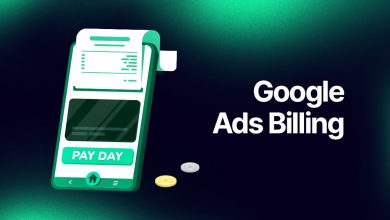How to Use AI for PPC – 2026

AI is fundamentally reshaping how businesses approach PPC advertising in 2026. From automating tedious tasks to delivering hyper-personalized ads, AI for PPC is no longer a futuristic idea it’s the new standard. As advertisers seek to improve efficiency, accuracy, and performance, the integration of AI PPC tools is becoming essential. This guide unpacks what that means, how it works, and how you can apply it to your campaigns.
Whether you’re a seasoned marketer or exploring AI PPC management for the first time, this comprehensive breakdown offers strategic insights, practical tools, and expert-backed advice to help you outperform your competition.

Understanding AI in PPC Management
Artificial intelligence has transformed how advertisers manage campaigns by enabling real-time decision-making, continuous optimization, and data-backed strategies. Through ai ppc management, marketers can achieve higher efficiency with fewer resources. This evolution means machines no longer just assist—they now lead in areas like targeting, bidding, and content delivery. By incorporating ai for ppc into your advertising stack, you unlock greater scalability and precision than traditional manual approaches ever allowed.
What AI Brings to Paid Advertising
Artificial Intelligence brings speed, scale, and precision to pay per click tool usage. Unlike manual processes, AI in PPC continuously analyzes campaign performance, optimizes bids, adjusts targeting, and even creates content. This leads to better results with less guesswork and a lower margin of error.
Manual vs. AI-Driven PPC Campaigns
Traditional PPC management often relies on historical data and manual experimentation. In contrast, AI-driven PPC optimization uses real-time data, machine learning algorithms, and predictive modeling to proactively refine campaigns. The shift reduces operational load while enhancing accuracy and ROI.
Benefits of Leveraging AI in Your Workflow
Using AI for PPC strategy enables:
- Smarter bid adjustments with ai adjusting ppc bids
- Audience segmentation via ai for ppc audiences
- Creative optimization through ai enhanced ppc advertising
- Rapid testing and iteration cycles with ppc automated ai
AI empowers marketers to scale effectively without sacrificing performance.
Smart Tools That Support AI-Powered PPC
In 2026, the right AI tools can make or break your PPC campaigns. While there are numerous options in the market, only a few provide the depth, automation, and real-time intelligence needed for scalable results. A solution like WASK, designed for performance marketers, integrates features like bid adjustment, keyword discovery, and AI-powered creative tools into a seamless workflow. Choosing tools that support ai ppc software capabilities gives marketers a competitive edge through speed, automation, and accuracy.
What to Look for in an AI PPC Tool
A great AI PPC tool should support automation, offer transparent data insights, integrate with multiple platforms, and continuously learn from user behavior. Robust ai powered ppc tools often come with predictive analytics, audience suggestions, and creative generation.
A Closer Look at Modern Solutions
One standout solution is WASK, which combines features like ai ppc software, ad creative generation, and real-time bid optimization. It’s built to support businesses aiming for efficient, performance-driven ad management.
Why Integration and Automation Matter
Scattered data and disconnected systems limit potential. Tools that combine keyword research (like ai keyword research ppc) with campaign management allow for seamless optimization maximizing the impact of ai driven ppc optimization strategies.

Building AI-Enhanced PPC Campaigns
Developing PPC campaigns in the age of AI requires a new mindset. It’s no longer about reacting to performance but proactively engineering it. From setting strategic objectives to optimizing copy and visuals, AI tools enable marketers to launch faster, test smarter, and convert better. With ai-optimized ppc campaigns, every aspect—from audience segmentation to budget allocation—is informed by data, powered by automation, and refined through continuous learning.
Set Clear Objectives and Offers
Start with a sharp offer. AI can only amplify what’s already clear and compelling. Define KPIs to guide tools like ai for ppc campaigns in aligning tactics with outcomes.
Conduct Smarter Keyword Research
With amazon ppc ai or ai optimization for google ppc, platforms automatically identify long-tail, intent-rich keywords. This makes ai keyword research ppc an essential component of the modern PPC stack.
Create High-Impact Ad Copy with AI
Tools like WASK’s AI engine or Semrush AI Ad Copy Generator create data-driven, emotion-rich copy that resonates. Strong ai ppc advertising relies on copy that aligns with segmented personas.
Design Visual Creatives Using Generative Tools
Generative design platforms like Pencil or ai powered ppc targeting tools generate variations of visuals based on past performance. Creative A/B testing becomes faster and more insightful.
Streamline Landing Page Optimization
Use AI builders like Unbounce or Instapage to design and test landing pages based on audience data. Tools backed by ai in ppc campaign optimization can align messaging across touchpoints.
Improve Targeting with AI Segmentation
AI enhances behavioral targeting by identifying patterns in demographics, devices, and behaviors. Tools like facebook ads manager or ai for better ppc systems segment more precisely than manual filters.
Enhance Bidding Strategies and Budgeting
Instead of fixed bids, use models from ai amazon ppc or ppc ai agent platforms to dynamically shift based on predicted value.
Test, Learn, and Optimize Continuously
With ai-optimized ppc campaigns, testing no longer requires lengthy trial periods. AI identifies winners quickly, allowing real-time campaign iteration.
Data-Driven Decisions with AI
AI-powered PPC is only as effective as the data behind it. In modern advertising, tools that deliver real-time reporting, predictive modeling, and actionable insights are key to campaign success. Whether you’re tracking ROI or forecasting future ad spend, solutions built on ai for ppc forecasting and performance monitoring enable smarter, faster decisions. With tools like ConversionIQ, marketers transform data into strategy and ensure that each dollar spent drives measurable value.
Performance Monitoring and Reporting
Advanced platforms consolidate data from various sources. Tools like ConversionIQ or Rows offer visual dashboards for understanding campaign effectiveness.
Predictive Insights and Forecasting
With ai for ppc forecasting, systems estimate future performance using past behaviors. This assists in preemptive budgeting and bid management.
Making Adjustments Based on Real-Time Data
AI continuously learns. Ai in ppc management means automated recommendations that are both proactive and precise, ensuring optimal resource allocation.

Expert Practices for Long-Term Success
Mastering AI for PPC isn’t just about tools it’s about discipline, insight, and long-term thinking. As PPC campaigns scale, structure and strategic clarity become essential. From crafting intent-driven keyword lists to structuring your campaigns in a way that supports ai technology in ppc, every decision compounds performance. Pair automation with human expertise, and your strategy will outlast short-term trends and algorithm changes.
Organize Your Campaign Structure Effectively
Structure ad groups logically, especially when working with ai technology in ppc platforms. Clear naming and segmentation improve system learning and control.
Match Keywords with Intent, Not Just Volume
Avoid vanity metrics. Align keywords with purchase intent using ppc ai tools to discover terms that convert, not just attract.
Use Extensions and Assets Wisely
Sitelinks, callouts, and visuals boost engagement. Ai ppc management systems recommend the best extension types per campaign type.
Combine AI Speed with Human Judgment
Don’t blindly follow automation. Use ai and ppc systems for speed but review outcomes with human insight to maintain brand voice and integrity.
Challenges and Ethical Considerations
As AI becomes more embedded in PPC workflows, marketers must navigate its limitations responsibly. From privacy concerns to over-reliance on automation, ethical considerations shape the future of ai for ppc. Marketers must strike a balance between automation and accountability ensuring AI serves as a tool for amplification, not blind delegation. Transparency, compliance, and human oversight are non-negotiables in building long-term trust.
Where AI Might Fall Short
AI may miss emotional nuance or misinterpret sarcasm. Ai for ppc is powerful but not perfect especially in tone-sensitive industries.
Ensuring Transparency and Privacy
Data-driven doesn’t mean data-vulnerable. Ensure tools comply with privacy regulations. Transparency in ai powered ppc campaigns builds user trust.
Maintaining Creative and Strategic Control
AI supports, but shouldn’t replace creativity. Ensure ai in ppc advertising empowers marketers rather than overriding their decisions.



